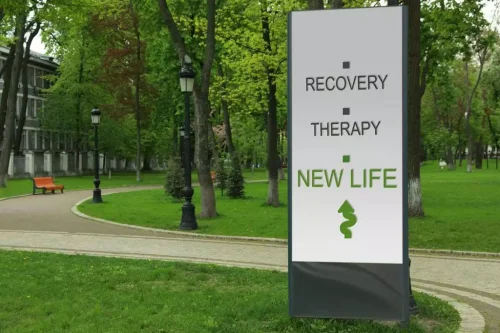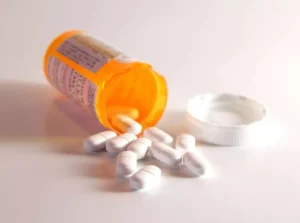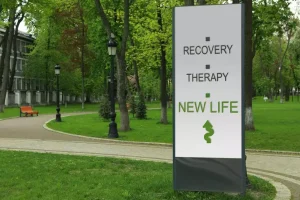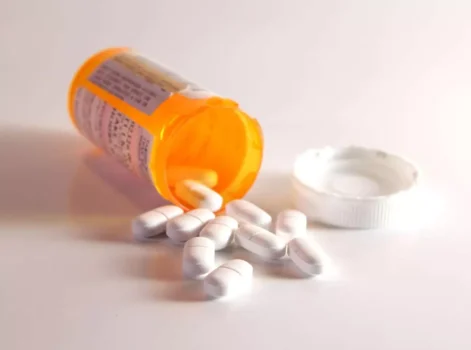
There can also be a mix of anxiety and excitement when anticipating the journey ahead. It’s completely normal to feel a wide range of symptoms and emotions at the start of 30 days without alcohol. Reaching out to a sobriety community or speaking with a specialized therapist can help you feel supported and encouraged as you begin this rewarding experience. Completing 30 days without alcohol is a huge accomplishment and it’s within your reach.

Compare the Best Programs to Quit Drinking
The first day is always the hardest, but it’s also an important milestone. After 24 hours without alcohol, your body will start to detoxify and you may experience withdrawal symptoms. When you stop drinking, various things happen to your mind and body. However, the nature and intensity of these effects can vary depending on how much and how frequently you drink.
Follow us on social media

The mental challenge of this stage is not to let anything make you feel defeated. So far, there’s no consensus on the medical definition of recovery in alcohol treatment literature. Recovery from alcohol addiction generally follows the stages of abstinence, withdrawal, repair, and growth. Prepare yourself for those times when someone is going to offer you a drink. You might also hold onto a nonalcoholic drink instead, ask a friend to support https://ecosoberhouse.com/ you in difficult situations or simply exit early if temptation gets too strong, the NIAAA suggests. If mild symptoms do not progress, the person will likely stabilize and recover.
Support Systems

In general, AA operates with the understanding that members work toward the greater good of the group, as well as spread tips to quit drinking the message to others who may need help. If you experience symptoms of DT, such as confusion, disorientation, hallucinations, or delusions, seek medical attention immediately. The National Institute on Drug Abuse (NIDA) suggests that 40% to 60% of people with substance use disorders experience a relapse at some point.
Change how you think about drinking & alcohol
- These stages can help prevent relapse and support people to live healthier, fuller lives.
- Ultimately, it’s best to consider all of your options, including in-person treatment, online programs, and DIY tools that you can use right now.
- One of the 12 steps involves recognizing people who have been hurt by your addiction and formulating a plan to make amends.
But since cutting out alcohol I’ve found the quality of my sessions has improved, helping me make considerable progress in developing my strength and performance. There are two main ways ditching alcohol has benefitted my health. Without any weekend drinking sessions in my schedule, I noticed this impact subsided after a couple of weeks, which is par for the course according to Professor Nutt. “I like to say that humans are social creatures, but they’re not very good at it – that’s the problem. Small amounts of alcohol make humans what they want to be.” explains Nutt.
- As a service to our readers, Harvard Health Publishing provides access to our library of archived content.
- You may not need to completely reinvent your life to quit drinking, but making a few changes in your surroundings to help avoid alcohol triggers can make a big difference.
- “Once you have a sense of how much you’re drinking, it’s helpful to track how many drinks you’re having per day,” says Witkiewitz.
- The most important tip for quitting drinking is to keep going.
- Research shows that most people believe that drinking can make them feel better.
Set the date and detox from alcohol naturally
- Use the NIAAA’s drink size calculator to determine the amount of alcohol in various drinks.
- Sunnyside uses a psychology-based approach to help you drink more mindfully, no matter what your goal is.
- To avoid a relapse at this stage, your mental health is vital.
- The SMART organization helps you to change your approach to life and offers a holistic, long-lasting solution to alcohol use.
- A shot of distilled spirits like vodka is 1.5 ounces and equally 40% alcohol.
You may still feel post-acute withdrawal symptoms like anxiety and fatigue. This is totally normal as your body adjusts to its new normal without alcohol. Post acute withdrawal symptoms can persist on and off for weeks or even months. There’s no one right way to go about quitting drinking; it’s all about figuring out what works for you and your lifestyle, starting with a plan. Here are a few things you should consider and actionable steps you can take.

If you’ve decided to explore programs to help you quit drinking, you’ve taken an important first step in a journey of abstinence, treatment, and recovery. Depending on what your alcohol habit was like, you may experience fewer or more withdrawal symptoms as you cut back. Fortunately, these withdrawal symptoms shouldn’t last very long — about a week — but listen to your body in case something feels abnormal during this time. Try to stay focused on your end goal, and call your doctor if something doesn’t feel right. Goals can help you stay on track, but sometimes one big goal feels too out of reach. Consider setting smaller goals for yourself — and celebrate them as you go.
Day 2
Reducing your drinking beforehand often makes it easier (and safer) to quit completely. Some people create a tapering schedule and gradually cut back. This can be difficult if you have a history of alcohol dependence, but there are medications such as naltrexone that can make this achievable. If you’d like to still have the occasional social drink, that may be a real option. The program is delivered fully online and on-demand, enabling private access to recovery for those with a busy schedule.
Loosid also includes Boozeless Guides to help you find restaurants, travel destinations, or events that make it easy not to drink alcohol. There is also a dating community for those looking for others who are practicing sobriety and looking for a relationship. Support groups are run by facilitators who lead members through a structured program that delves into mental health and addiction with a focus on the present instead of the past. Recovery from AUD is marked by stages of abstinence, withdrawal, repair, and growth. While the process may take several years, the outcome is a happier, healthier life where you have the freedom to fulfill your full potential.
